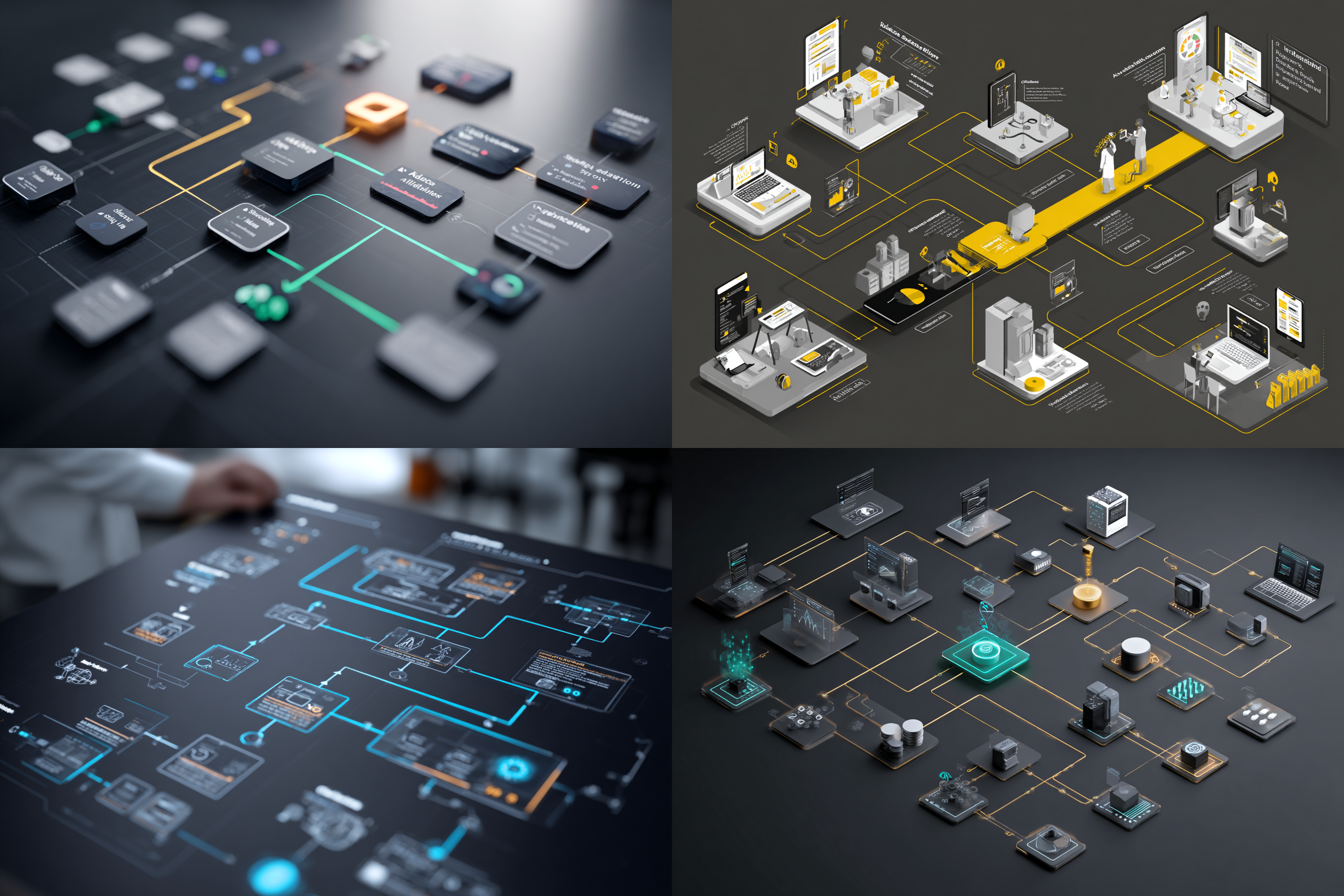The Rise of AI in Business
Artificial Intelligence (AI) has transitioned from a theoretical concept to a practical tool, profoundly altering the landscape of business decision-making. The integration of AI technologies enables organizations to harness vast amounts of data, providing timely insights that drive strategic planning and operational decisions. In this blog post, we will explore how AI is reshaping decision-making frameworks across various industries.
Enhanced Data Analysis and Insights
The traditional decision-making process often relies on human intuition and past experiences, which can be limiting. AI addresses these limitations by analyzing large datasets much faster and more accurately than human analysts. By utilizing machine learning algorithms, businesses can identify trends and patterns that may not be immediately apparent.
For instance, consider a retail company that collects data from multiple channels — online sales, in-store transactions, and customer feedback. By applying AI algorithms, the company can analyze this data to determine consumer preferences, optimal pricing strategies, and inventory management practices. These insights lead to more informed decisions that can significantly boost profitability.
Predictive Analytics in Decision-Making
AI-driven predictive analytics is another game-changer for business decision-making. Predictive models use historical data to forecast future outcomes, enabling businesses to make proactive decisions. For example, in the finance sector, banks utilize AI to assess credit risks by analyzing a range of customer data points, including transaction history and behavioral patterns. This not only enhances the accuracy of credit assessments but also reduces the turnaround time for loan approvals.
Moreover, marketing teams can leverage predictive analytics to optimize campaigns by identifying the most promising leads and tailoring messages for different customer segments. This data-driven approach minimizes guesswork and aligns marketing efforts with customer expectations, thereby maximizing return on investment.
Automation of Routine Decisions
AI automates repetitive and routine decision-making processes, allowing human employees to focus on more complex and strategic tasks. For instance, AI-powered chatbots can handle common customer inquiries, freeing up customer service representatives to address more intricate issues. This not only improves operational efficiency but also enhances customer satisfaction.
In supply chain management, AI can automate inventory replenishment decisions based on real-time sales data and forecasts. This leads to optimized stock levels, reduced holding costs, and improved service levels, which ultimately contribute to a more agile business operation.
Cultivating a Data-Driven Culture
The integration of AI into decision-making frameworks encourages organizations to cultivate a data-driven culture. Companies that prioritize data analytics and AI are more likely to foster innovation and agility. This cultural shift requires training and upskilling employees to effectively interpret data and work alongside AI tools.
Furthermore, organizations are beginning to realize the importance of transparency in AI decision-making processes. As AI systems often operate as 'black boxes', making their inner workings understandable to stakeholders is essential for trust and accountability. By promoting transparency, companies can ensure that AI's role in decision-making is reliable and accepted across the organization.
Challenges and Ethical Considerations
Despite the numerous benefits, the incorporation of AI in decision-making frameworks isn't without challenges. Issues such as data privacy, algorithmic bias, and dependency on technology must be addressed. Organizations must ensure that their AI systems are built on ethical principles, avoiding biases that could lead to unfair treatment of certain groups.
Additionally, as AI takes on more decision-making responsibilities, businesses must strike a balance between human oversight and automation. While AI can enhance efficiency, human intuition and moral judgment remain vital in many scenarios. Establishing clear guidelines on the role of AI in decision-making can help mitigate the risks associated with over-reliance on technology.
Conclusion
AI is revolutionizing business decision-making frameworks by enhancing data analysis, enabling predictive analytics, automating routine tasks, and fostering a data-driven culture. As businesses increasingly adopt these technologies, it is crucial to navigate the challenges and ethical implications that arise. Organizations that successfully integrate AI into their decision-making processes will not only improve operational efficiency but also gain a significant competitive advantage in their respective markets.

